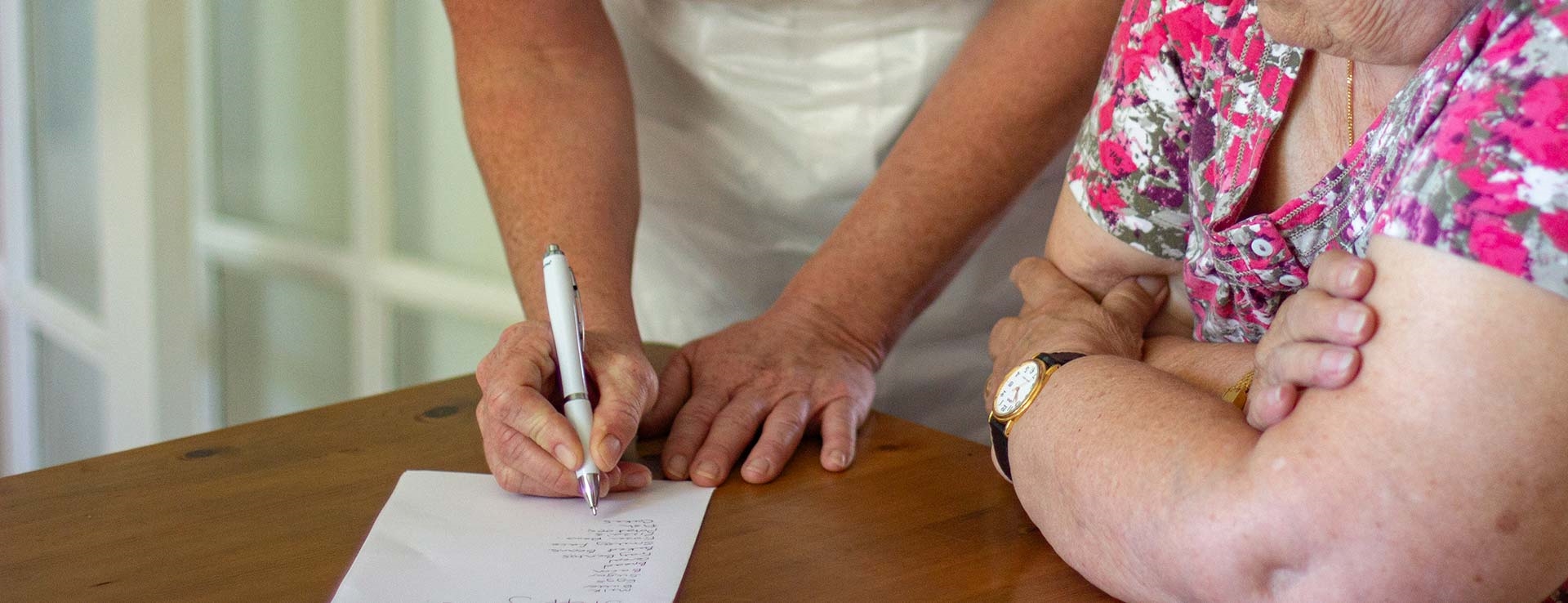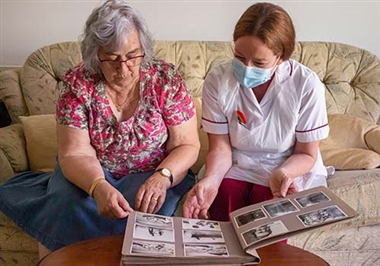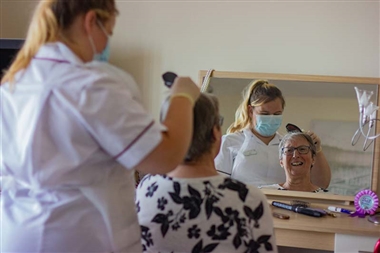Dementia Care
Bespoke, specialist home care for people with dementia and their family carers living in Felixstowe Suffolk
Dementia is an overall term used to describe a range of neurological diseases. The most well-known of these is Alzheimer’s disease, although there are many others. Related conditions include Parkinson’s Disease.
At Rose Care we understand how living in familiar surroundings and having family and friends close by is important for a person with dementia. With assistance from carers and the people close to them, people with dementia can be supported to maintain their independence.
Building supportive relationships all round
As highly experienced and specialist carers, we take the time to get to know our clients properly and create detailed, person-centred care plans which can be adapted to accommodate change.
If a client has dementia, the questions we ask at our initial assessment may seem quite straight forward (likes/dislikes; what job they did; where they used to live) but the answers provided – by both the client and their family carers – inform the care plan and help our experienced assessor to match a carer with the client, signpost family carers to possible local support groups and share how Rose Care may help through liaison with health care professionals and the offer of respite care.
A consistent line of care
At Rose Care, it is always our aim to keep the number of carers to a minimum for clients with neurological diseases. This is so that client and carer can form a relationship. We recognize that consistency will be of benefit to the client - and their family carers too.
All our carers receive training in dementia and have knowledge around the different types of neurological diseases and how they affect people. They understand person-centred care in this context, about first aid, safeguarding and are aware of The Mental Capacity Act.
Our carers will always try to find a way for a person with dementia to feel valued and in control.
Additional support and respite care
Enabling family carers to take time out is very much something we do. The restorative power of having time away from the home or simply being able to get on with their own tasks cannot be underestimated. Many of those who reach out to Rose Care for respite care, comment on the quality time they feel they can then enjoy with their loved one when they return to look after them.
At Rose Care we also know about organisations or local groups who can provide extra support and our carers can help in signposting families to them.
Liaison with other health care professionals
Rose Care works closely with health care professionals – occupational therapists, mental health nurses and community nurses.
We keep well informed with all aspects of the care surrounding our clients with dementia and ensure that family carers are fully informed and comfortable around the care they are personally giving their loved one too. Where medication is involved, our fully trained carers can assist with prompting, assisting, or administering.
When it comes to administering medication, if our carers have any concerns about having the client’s permission - or the permission of their power of attorney – Rose Care will always contact other health care colleagues involved in the care plan for advice.








